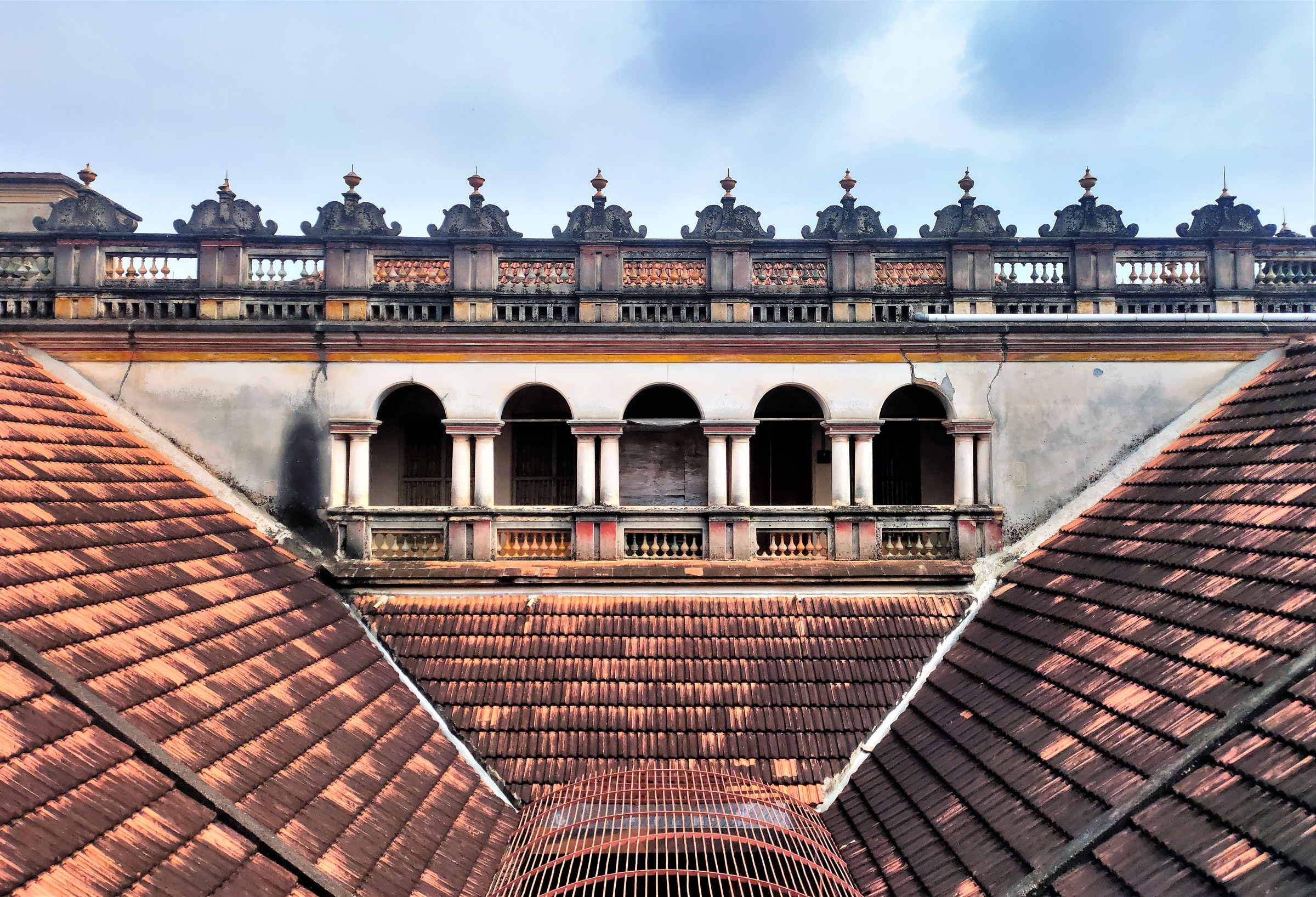Traditional knowledge in Urban Resilience
Course Name: Traditional knowledge in Urban Resilience
OCW type: PDP
Higher Education Institution: School of Planning and Architecture (SPAV), Vijayawada

Description of course
Aim: The aim is to enable participants to understand some of the state-of-the-art tools and techniques that stand chances of replication in planning and administration of cities, in order to address the challenges of traditional knowledge in a systematic manner. Urban dynamics through system-based modelling, use of geo-informatics and statistical and computing tools to address directly special planning concepts related to traditional knowledge shall be discussed over these sub-themes covering - Sustainable Urban fabric, Factors influencing resilience in hills, Energy auditing for Built Environment, Learning from conventional construction in Hills, Role of disaster management in community, Planning of Green Architecture, Traditional practices of Hills, Evaluation methods for resilience, Social implication of resilience, Virtual site Visit, Energy conservation, Role of rating systems in building resilience, Role of GIS in planning.
Course Objectives:
This course shall pave the way to explore the traditional wisdoms and best practices which can be applied in contemporary world with respect to adaptation to disasters and climate change with a focus on built environment. To impart the important of traditional wisdom and knowledge, and its relevance today
Learning Outcomes: Participants shall learn the traditional concepts and techniques from various cases studies across the country for understanding the traditional concepts for coping up with sustainability issues.
Course Structure
Course Duration: Six-Day programs, with two sessions per day
Course Frequency: Yearly and as per the demand
Course Format: Course format includes Lectures, Workshops, Lab and Short-term Project
Course Content
Prerequisites for participation: Architects, Urban Planners, Civil Engineers, Historians are eligible.
Course Syllabus:
1. Socio-cultural aspects in the spatial formation of traditional buildings
2. Indigenous knowledge, antiquity and Indian vernacular architecture concepts
3. Sustainable Architectural concepts in history
4. Traditional wisdom and sustainable concepts for planning and design.
Course Assignments: Reading published resources on traditional knowledge and indigenous practices.
Expected time spent on course:
Time spent in hours: Minimum of 40 hours
Time spent in ECTS (European Credit Transfer and Accumulation System): No Credit
Course Evaluation
Evaluation Procedure & Criteria: Predesigned feedback forms from the participants shall be evaluated at the end of the course.
Faculty Evaluation: Interaction during the presentation by the mentors.
Student Evaluation: Predesigned feedback forms from the participants shall be evaluated.